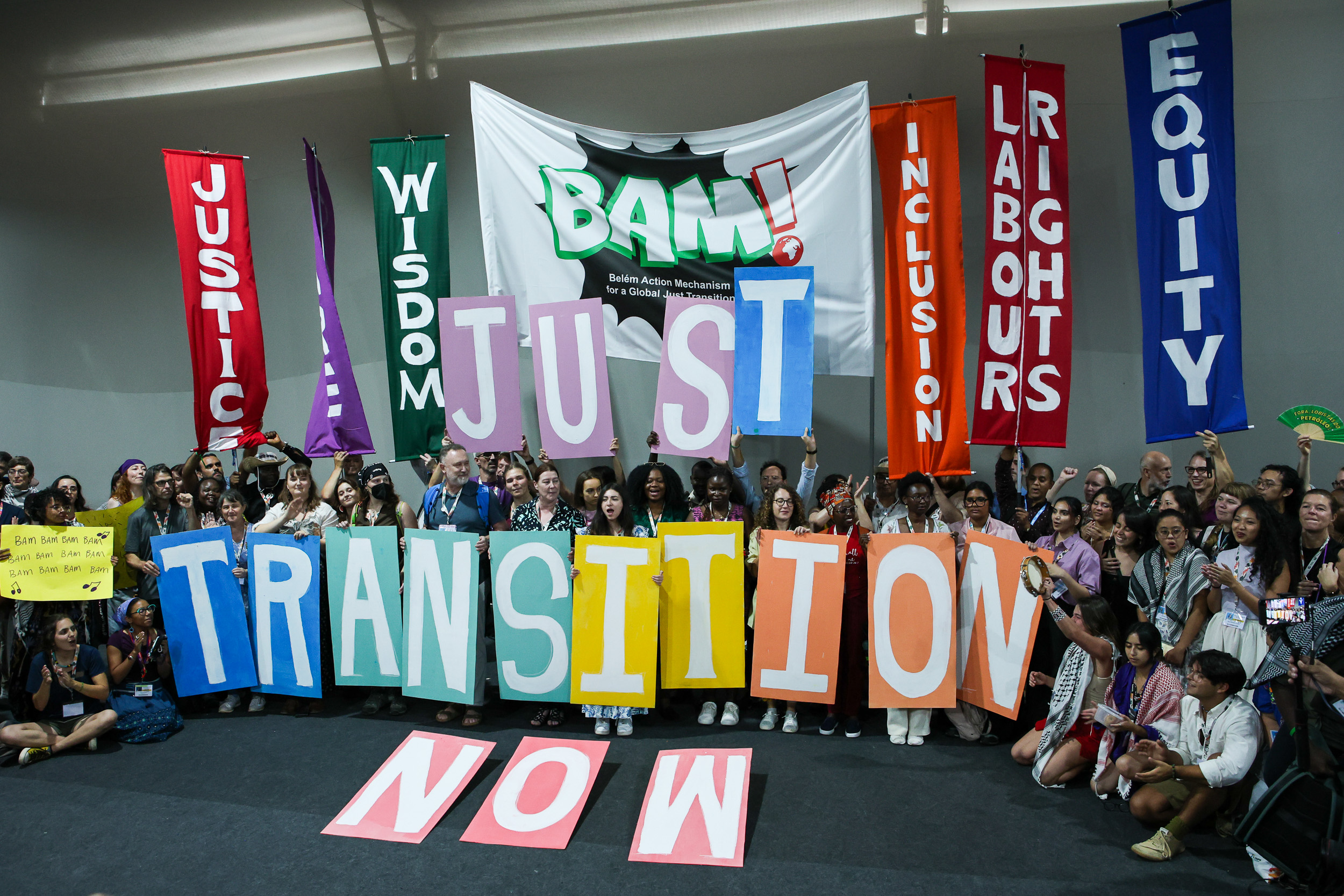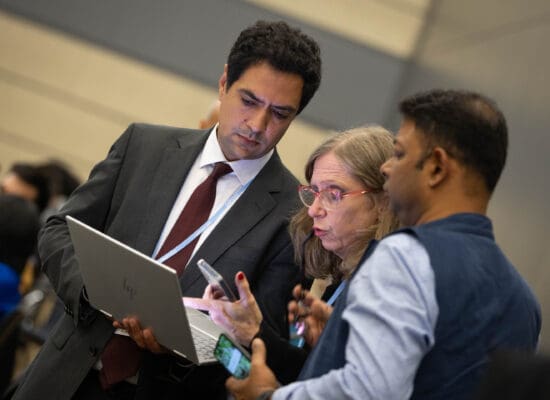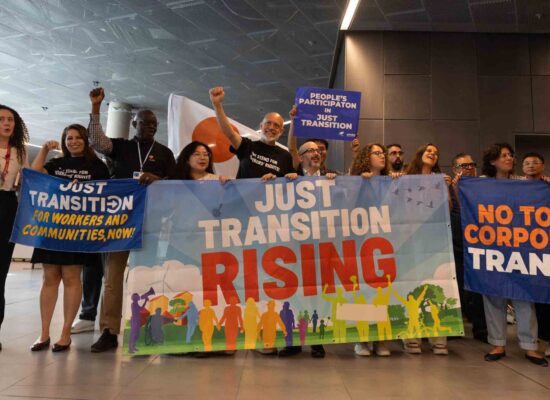COP 30
Just Transition Work Programme: What to expect at COP 30 in Belém
Since its launch at COP 28 in Dubai, the Just Transition Work Programme (JTWP) has served as a valuable forum for exchange. But dialogue alone is no longer enough—a practical framework for implementation is needed. Can negotiations at COP 30 shift the dial?

At the 30th UN Climate Change Conference (COP 30), which takes place in Belém, Brazil, in November 2025, countries will decide how to take the JTWP forward. With Brazil’s COP 30 presidency emphasising social justice, decent work, and sustainable development, the JTWP—the UN Framework Convention on Climate Change’s first dedicated framework for advancing equitable, people-centred climate action—is poised to become one of the defining political outcomes in Belém.
Established at COP 27 in Sharm el-Sheikh and operationalised at COP 28 in Dubai, the JTWP provides a space for parties and observers to exchange experiences and policy approaches for achieving low-emission, climate-resilient transitions that create jobs, protect workers, and promote social inclusion.
Since COP 28, several global dialogues have been held under the JTWP to deepen a shared understanding of just transition and exchange experiences among countries. These discussions have focused on designing inclusive transition strategies, aligning policies across mitigation and adaptation, supporting workforce transitions, and engaging all parts of society. They have also explored connections between just transition, adaptation, resilience, and a just shift to clean energy.
However, COP 29 in Baku ended without a formal decision. Negotiations stalled over how to strengthen the work programme’s implementation—whether through new structures or by enhancing existing ones. As a result, negotiators instead continued to work on defining the work programme’s future structure and scope ahead of COP 30.
A successful outcome in Belém would give the Programme a clear mandate and practical direction.
Negotiations in Bonn in June 2025 reflected a growing consensus on the need for the JTWP to shift from discussion to delivery. Countries recognised the importance of linking it more closely to finance, capacity building, technology transfer, adaptation, and gender equality so that just transition principles translate into real-world action. There was also broad support for promoting policy coherence and encouraging whole-of-society approaches that bring together governments, workers, business, and communities.
However, differences remained over how the work programme should be structured. Some parties want to reinforce existing mechanisms, while others are calling for new structures—such as a toolbox, global platform, technical assistance network, or guidance framework—to support implementation.
A successful outcome in Belém would give the JTWP a clear mandate and practical direction. It would help countries develop national just transition strategies; integrate them into nationally determined contributions, national adaptation plans, and long-term plans; and access the financial and technical support needed to put them into practice. Ultimately, it would reaffirm a broader framing of just transition—one rooted in human rights, gender equality, nature, and universal access to clean energy and clean cooking as the foundation of inclusive, people-centred climate action under the Paris Agreement.
Adapted from this article published by the International Institute for Sustainable Development.
To access presentations and watch all recordings of the Fourth JTWP Dialogue, which took place in Addis Ababa, Ethiopia, in September 2025, visit the dedicated event page here.
Need an in-depth refresher? Here’s our Just Transition Work Programme explainer.
Stay Informed and Engaged
Subscribe to the Just Energy Transition in Coal Regions Knowledge Hub Newsletter
Receive updates on just energy transition news, insights, knowledge, and events directly in your inbox.


